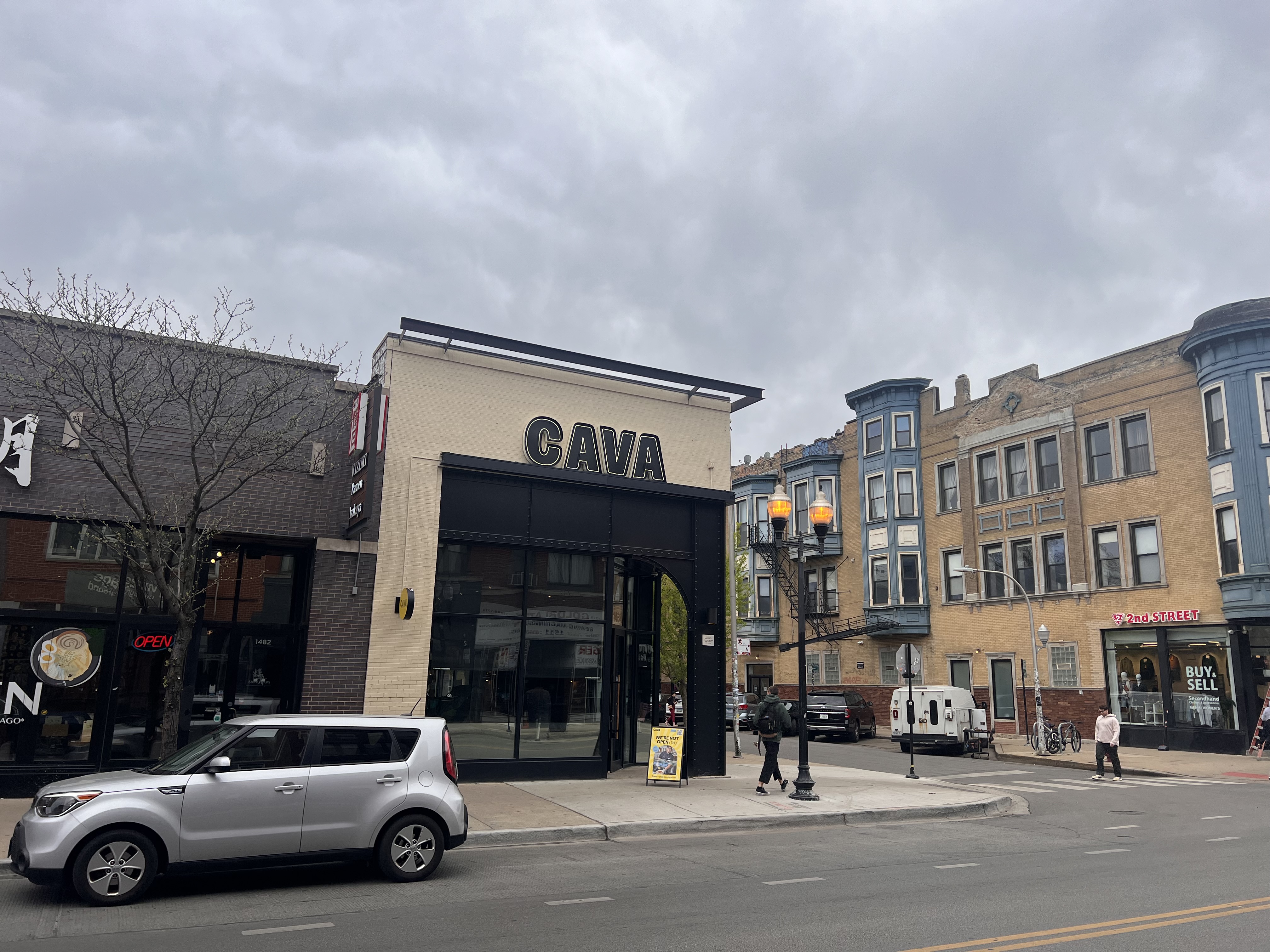As the BA.2 subvariant of omicron circulates across the U.S., residents are seeking out reminders of what to do in the event that they are exposed to someone who tests positive for COVID-19.
Within the past few weeks, BA.2 has driven upward trends in cases, including in the Midwest. In late March, the subvariant became the dominant version of COVID in the U.S., according to the Centers for Disease Control and Prevention.
The BA.2 subvariant spreads about 75% faster than the earlier version of omicron, BA.1, according to the latest update from the U.K. Health Security Agency. BA.2 has caused a spike in infections in the U.K. and Germany in recent weeks, though cases started to decline again there.
White House chief medical advisor Dr. Anthony Fauci said in March that BA.2 could cause an uptick in cases in the U.S. But he does not expect another surge. Fauci said the country does not yet need to reintroduce COVID restrictions in response to the subvariant.
Feeling out of the loop? We'll catch you up on the Chicago news you need to know. Sign up for the weekly Chicago Catch-Up newsletter here.
So what should you do if you are exposed to someone with COVID? It depends on whether or not you are up-to-date on your vaccinations. For most Americans, that means having had both doses of the Moderna or Pfizer vaccine, or the single-dose Johnson & Johnson vaccine.
The CDC also recommends booster shots two months following the Johnson & Johnson vaccine, five months after the Pfizer vaccine, or six months after the Moderna vaccine series is completed.
Those with compromised immune systems could require additional booster shots at the discretion of their primary-care doctors.
Local
Here is what the CDC recommends following a COVID exposure.
If You Are Exposed to COVID and Are Unvaccinated or Not Up-to-Date on Booster Shots
-Quarantine at home for at least five days. If you have to be around other individuals in your household, wear a mask.
-Even if you don’t develop symptoms, get tested at least five days after the close contact. Per CDC guidelines, the day you are exposed to COVID is considered Day 0, and the first full day after that exposure is Day 1.
If You Are Vaccinated and Have Received Your Booster Shot
-The CDC does not recommend quarantine unless you develop symptoms.
-Wearing a mask is recommended for 10 days after the exposure, even for those fully-vaccinated against COVID.
-If you develop symptoms, get tested. Otherwise, the CDC does not explicitly recommend testing following an exposure for vaccinated patients.
If You Have Had a Confirmed Case of COVID-19 Within the Last 90 Days and Are Exposed to a COVID-Positive Patient
-No quarantine is recommended.
-Continue to monitor for symptoms for 10 days. If you develop symptoms, get tested and begin isolation until results are returned.
-The CDC recommends that these individuals wear a mask for 10 days after exposure.



